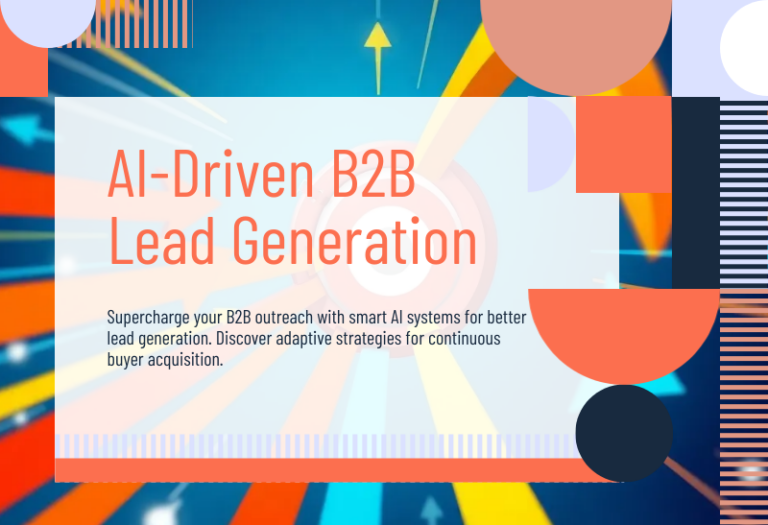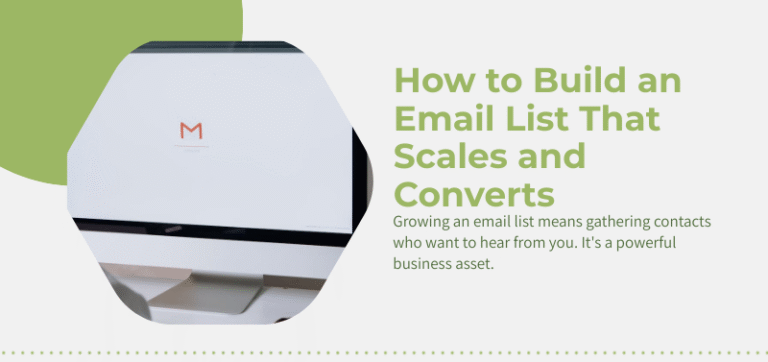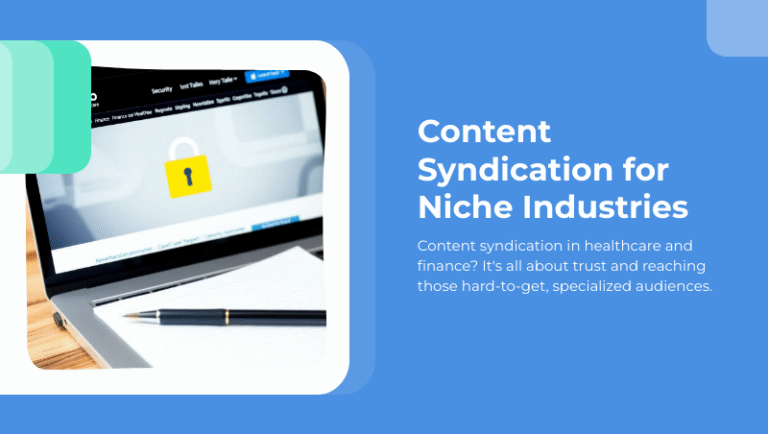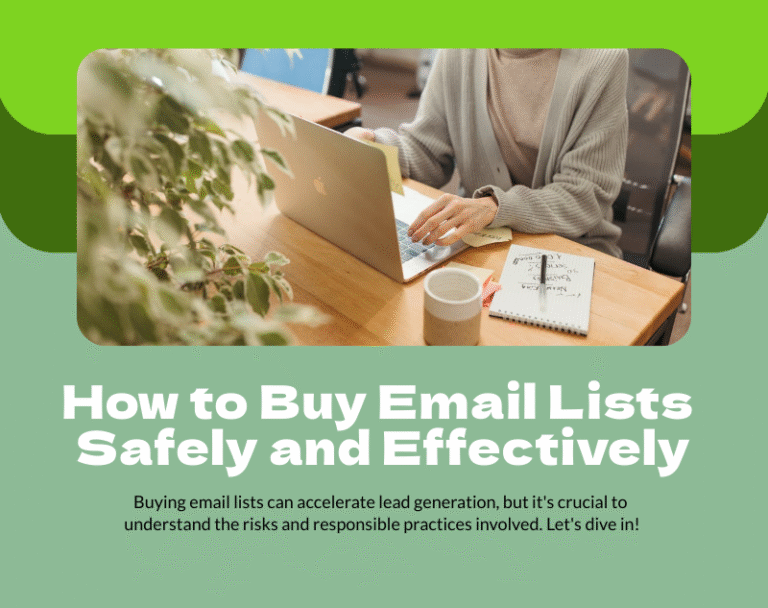
B2B businesses understand the importance of lead generation, but they don’t always have the tools they need to optimize their lead gen activities. Before you pour effort into content creation and outbound marketing campaigns, discover where your lead gen strategy’s strengths and challenges are with these key questions.
How Effectively Do You Track Lead Behaviors?
Behavior provides important clues to what your leads are thinking. With marketing automation technology and digital tracking, you can now gain deeper insight into lead behaviors than ever before, tracing their every interaction with you across multiple platforms to create a single detailed image of each prospect’s decision-making process as it happens. Not only do you understand more about your current crop of leads, but you can also begin to put that knowledge into context, developing an overall view of the way future leads will behave.
How Well Do You Map Your Buyer’s Journey?
Once you’re able to track lead behavior, you’re ready to understand the motivations behind their choices. Marketers like to frame this decision-making process in terms of a journey. This journey typically starts with awareness of how you can help your prospects solve their problems; these leads are at the top of your sales funnel. Then, leads move through fact-finding, comparison, and analysis in successive middle-funnel steps. Finally, they take action at the base of the funnel. With a thorough understanding of the speed and trajectory leads take along their buying journey, you can place signposts pointing the way toward a sale.
How Well-Defined Are Your Audience Segments?
By dividing your audience into segments, you’re better able to market to each group with useful content and relevant offers. For many companies, the challenge here is to differentiate leads into meaningful segments. Which demographic, firmographic, and behavioral factors are most important in predicting leads’ lifetime value? That varies from company to company and market to market. For example, number of employees might be a highly relevant demographic data point to a company that sells HR management tools, but it might be a lower priority for one that offers property management services.
Is Your Content Well-Integrated with Other Marketing Channels?
Content marketing costs less and delivers more than conventional advertising, but that doesn’t mean your content strategy can stand alone. Effective lead gen with content marketing only happens when content aligns with your leads’ buying journeys. You need to deliver entry-level content at the top of the funnel and more in-depth knowledge farther in. Content also needs to make sense within a bigger context, allowing leads to move freely from channel to channel. A lead who finds you via social media should be able to leap from there to a search engine to your blog to a landing page, all without having to go through a great deal of effort to find you. Business content has a purpose beyond informing your leads; it should also motivate them to action.
Can Your Analytics Improve?
Without feedback on your marketing efforts, you’re flying without instruments. A sufficiently talented pilot can still land the plane, but it takes far more stress than technology-assisted flights. Using marketing automation tools to give you extensive, comprehensive, at-a-glance analytics on everything from individual emails to multi-phase programs is a significant asset for building future lead generation campaigns.
Do You Have Sufficient Support?
Marketers don’t need to fly solo, either. Support comes from both the technological realm and the professional one. On the tech side, you have marketing automation technology, built-in analytical tools such as Google Analytics, and database marketing to show you where you’re earning the greatest lead gen ROI. On the professional side, you have access to companies that provide any level of service from list management to complete care.
© Reach Marketing LLC 2016 All Rights Reserved.



